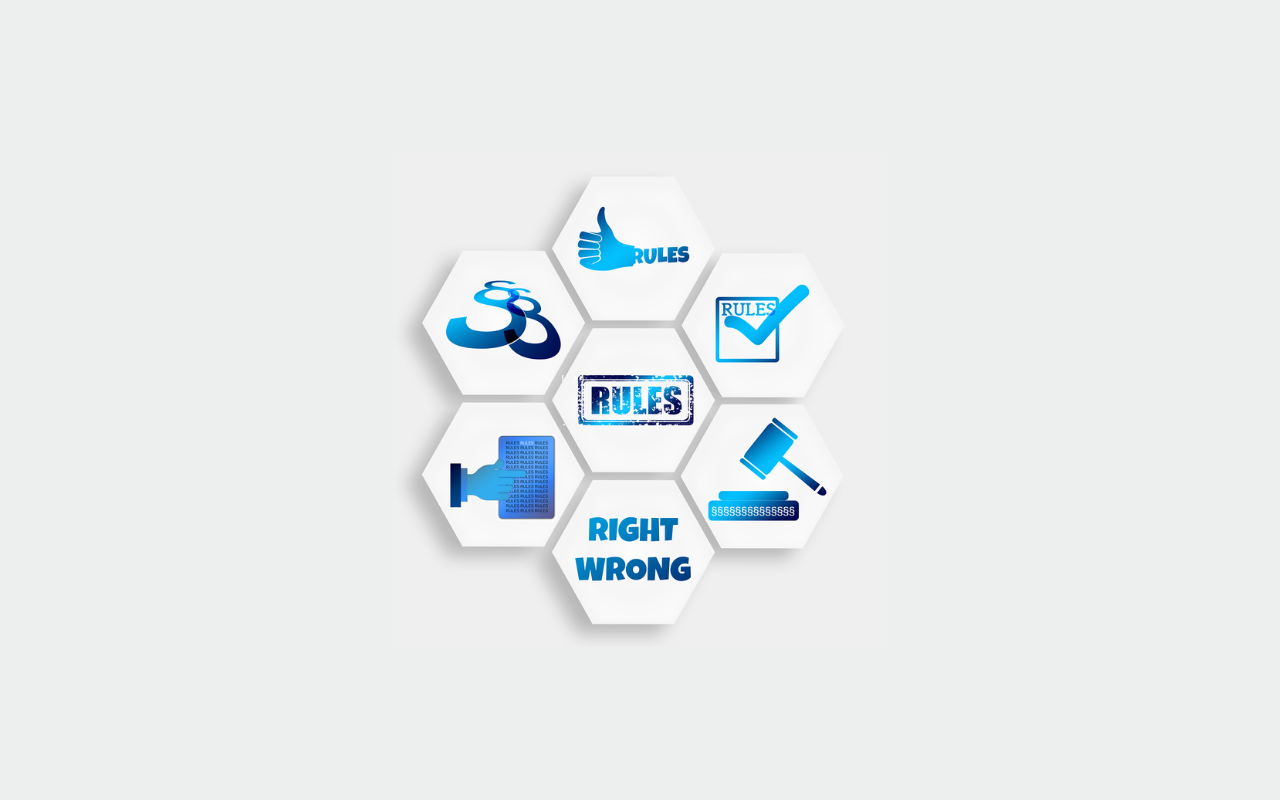In an era where information is at our fingertips, critical thinking has become an essential skill for navigating the complexities of modern life. It involves analyzing, evaluating, and making reasoned judgments based on facts, evidence, and logical reasoning. Cultivating these skills not only sharpens your intellect but also contributes significantly to your intellectual wellness—a state of mind that supports ongoing learning, creativity, and mental clarity.Let’s explore how cultivating critical thinking can enhance intellectual wellness and provide practical steps to strengthen these skills in daily life
What is Critical Thinking?
Critical thinking is the ability to think clearly and rationally, understanding the logical connections between ideas. It’s about questioning assumptions, evaluating arguments, and identifying biases in information. In other words, critical thinking allows you to approach situations with a thoughtful, discerning mindset rather than passively accepting information.
This ability to analyze and critique information is essential in a world filled with misinformation, sensational news, and social media echo chambers. By honing your critical thinking skills, you empower yourself to make informed decisions that align with your values, goals, and intellectual growth.
How Critical Thinking Enhances Intellectual Wellness
Intellectual wellness refers to actively participating in learning, creativity, and problem-solving. Critical thinking is at the heart of this wellness because it fosters curiosity, open-mindedness, and cognitive engagement. Here’s how:
- Encourages Lifelong Learning: Intellectual wellness thrives on curiosity and a desire to keep learning. Critical thinking drives you to ask questions, seek deeper understanding, and explore new ideas.
- Promotes Independent Thinking: Critical thinkers are less likely to rely on outside influence and more likely to form their own reasoned opinions. This independence nurtures intellectual wellness by allowing you to explore diverse perspectives without being swayed by misinformation.
- Builds Problem-Solving Skills: Whether in your personal life or career, critical thinking equips you with the ability to analyze situations, weigh options, and arrive at well-thought-out solutions. Intellectual wellness benefits from this clarity and methodical approach to challenges.
- Strengthens Mental Flexibility: Intellectual wellness isn’t about always being right; it’s about being open to new ideas. Critical thinkers are adaptable, capable of changing their views when presented with better evidence, a key trait of intellectual wellness.
Steps to Cultivate Critical Thinking for Intellectual Wellness
- Question Assumptions
One of the first steps in cultivating critical thinking is learning to question assumptions. Whether it’s an idea you’ve held for years or a piece of information presented to you, ask yourself:
- Is there evidence to support this?
- Are there alternative viewpoints?
- Could I be wrong about this?
By consistently questioning assumptions, you develop a habit of examining ideas critically, a vital aspect of intellectual wellness.
- Engage in Active Learning
Active learning is an effective way to strengthen your critical thinking skills. Instead of passively absorbing information, engage with it. This could mean discussing ideas with others, taking notes while reading, or even writing down questions that arise as you learn. This keeps your brain active and sharp, nurturing intellectual wellness.
- Evaluate Information Sources
In a world overflowing with information, not all sources are trustworthy. One of the key components of critical thinking is the ability to evaluate the credibility of information sources. Consider the following:
- Who is the author or publisher?
- Is the source reputable?
- Is the information supported by evidence?
Developing this discernment prevents intellectual overload and ensures that your intellectual wellness is maintained by consuming high-quality, factual content.
- Practice Mindfulness
Mindfulness helps in cultivating intellectual wellness by fostering awareness of your thoughts and emotions. It encourages you to focus on the present, minimizing distractions and allowing for more thoughtful analysis of information. When you practice mindfulness, you are better able to evaluate information without being swayed by emotional responses or biases.
- Engage in Discussions and Debates
Open discussions with others who have different viewpoints provide an excellent opportunity to refine your critical thinking. By actively listening and considering different perspectives, you sharpen your reasoning skills. Intellectual wellness benefits when you can handle disagreements in a productive way, using logic rather than emotion.
- Reflect on Your Thinking Process
Lastly, take time to reflect on your thinking process. After making a decision or forming an opinion, ask yourself:
- Was my conclusion based on evidence?
- Did I consider all sides of the argument?
- Could there have been bias in my thinking?
Self-reflection is essential for both critical thinking and intellectual wellness, as it helps you continuously improve your cognitive skills.
FAQs
1. What is critical thinking?
Critical thinking is the process of analyzing and evaluating information to make reasoned judgments, relying on evidence and logical reasoning.
2. How does critical thinking benefit intellectual wellness?
Critical thinking fosters curiosity, independent thinking, and problem-solving skills, which are essential components of intellectual wellness.
3. How can I improve my critical thinking skills?
You can improve critical thinking by questioning assumptions, engaging in active learning, evaluating information sources, and reflecting on your thinking process.
4. Can mindfulness help with critical thinking?
Yes, mindfulness helps you focus and become more aware of your thoughts, reducing distractions and allowing for clearer, more reasoned thinking.
5. Why is evaluating information important in critical thinking?
Evaluating information ensures that you base your conclusions on credible, factual sources, which is crucial for making informed decisions and maintaining intellectual wellness.
Conclusion
Cultivating critical thinking skills is a powerful way to enhance your intellectual wellness. By questioning assumptions, engaging in active learning, evaluating information, and practicing mindfulness, you strengthen your mental abilities and become more adaptable, curious, and independent in your thinking. As you build these skills, you will not only enhance your intellectual wellness but also empower yourself to navigate the complexities of modern life with clarity and confidence.



